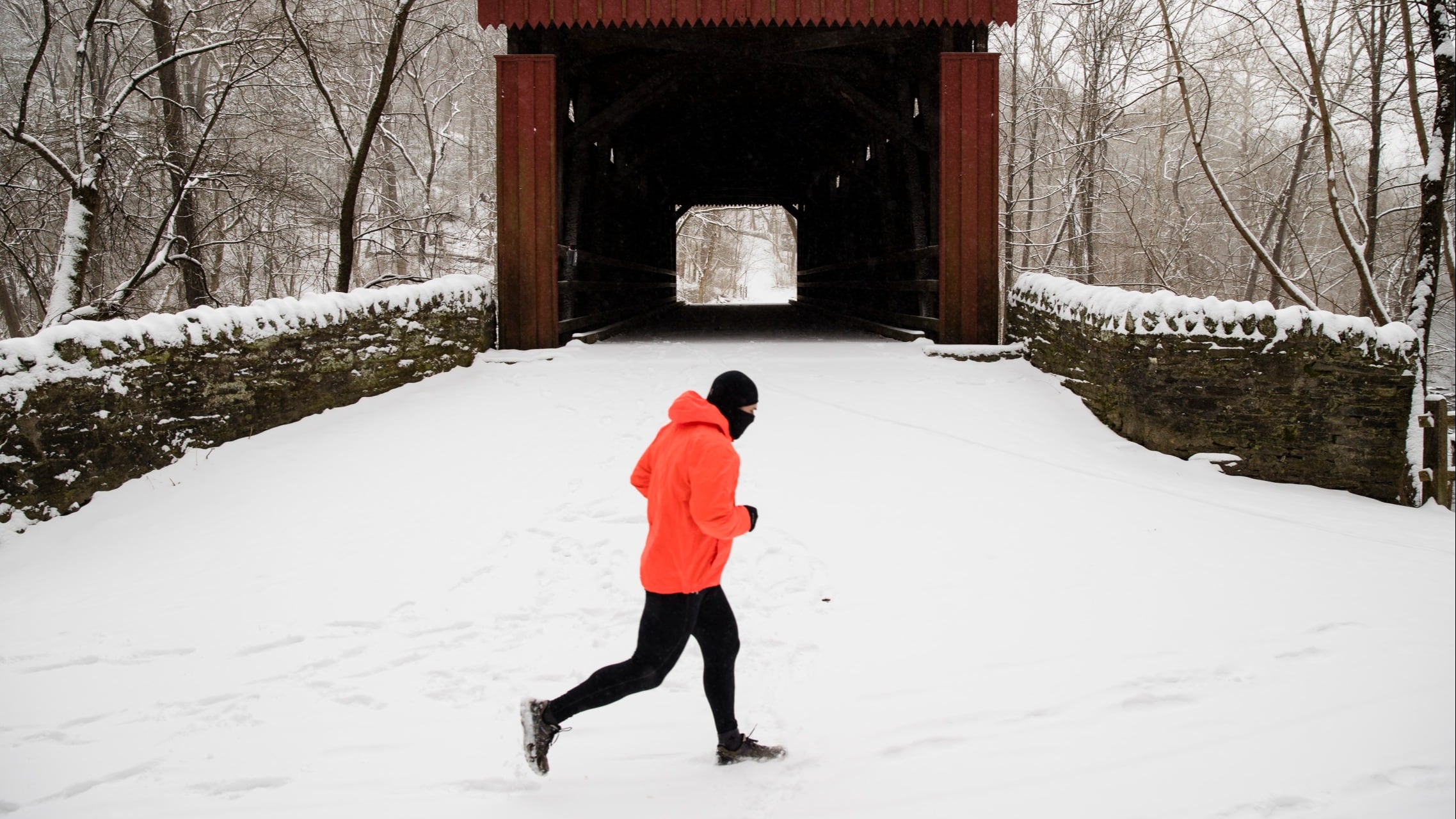Philadelphia City Council passed legislation to ban ski masks in some public spaces, a measure supporters say will increase public safety amid high violent crime, but opponents argue it will unfairly target people without proof of any wrongdoing.
The legislation passed on Thursday with a 13-2 vote, and now goes to Democratic Mayor Jim Kenney. A spokesperson said he would review the legislation and "looks forward to our ongoing work with City Council on the urgent matter of ensuring public safety.”
The measure would ban ski masks, or balaclavas, in public spaces like schools, recreation centers, parks, city-owned buildings and on public transportation. It defines the garment as a close-fitting covering over the whole head, with holes only for the eyes, nose, or mouth.
A $250 fine would be imposed against anyone who violates the law. It has exceptions for religious garb and protests.
The legislation comes as the nation’s sixth-largest city has been beleaguered by violent crime, tallying a record number of homicides in 2021, most of them gun-related. That number fell from 562 to 516 in 2022 but was still higher than pre-pandemic levels, and advocates have said they are on track to decrease further this year.
Big cities across the nation experienced spikes in crime as social supports were upended during the pandemic, though crime has started to decrease to pre-pandemic levels.
Philadelphia's move goes in the opposite direction to New York City, which relaxed a law that prohibited masks, during the COVID-19 pandemic.
In 2020, New York City repealed a more than century-old law that prohibited face coverings in public. It was meant to permit mask-wearing during the coronavirus outbreak. Supporters of the repeal said the former law also exposed men of color to police harassment and was used against protesters during demonstrations.
Concerns about theft, even as crime decreases in the city, pushed Mayor Eric Adams, a former police officer, to suggest storeowners should refuse to admit anyone wearing a mask unless it was lowered to be picked up by store cameras.
Philadelphia’s ban cites an increase in those casually wearing ski masks in 2020 — during the beginning of the pandemic — alongside a rise in individuals sought by Philadelphia police. The ski masks conceal people’s identities, making it harder for the police to identify them, supporters say. Messages were left for the bill’s sponsor, Councilman Anthony Phillips.
But it drew sharp opposition from some progressive members of Council and the ACLU of Pennsylvania, which said there was no evidence to support that ski masks cause or encourage crime.
“Giving police the authority to stop civilians without suspicion of unlawful activity is unconstitutional,” Solomon Furious Worlds, an attorney for the ACLU, said in a statement.
The ban is part of a larger puzzle the Democrats are grappling with: balancing accountability after protests against police brutality, while trying to address community concerns about safety.
Mayor-elect Cherelle Parker won election with a tough-on-crime approach, vowing to put hundreds of officers on the street, embedded within communities.
She’s drawn criticism for her stance that officers should use “reasonable suspicion” to stop people — which opponents feel comes uncomfortably close to the controversial stop-and-frisk tactic. She recently tapped longtime police official Kevin Bethel as her police commissioner, saying he had the experience to restore order while holding police accountable.









